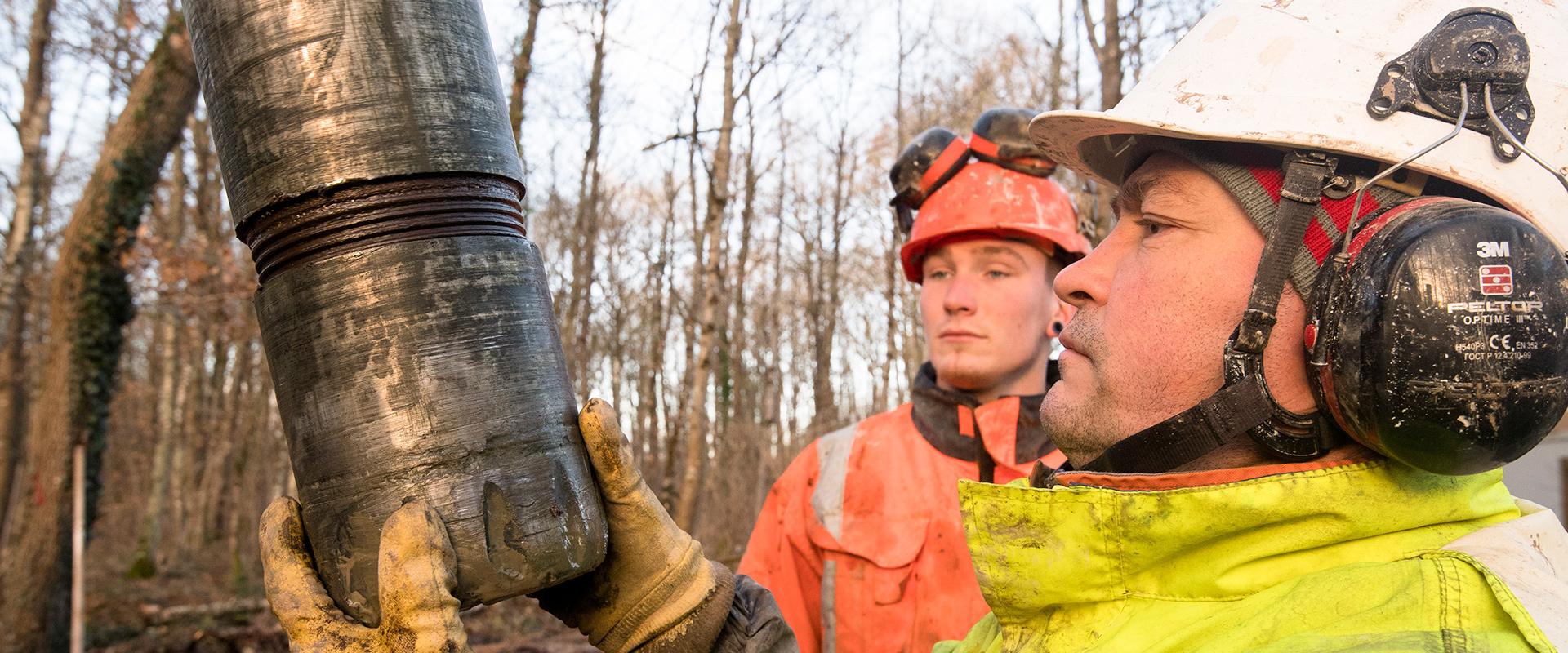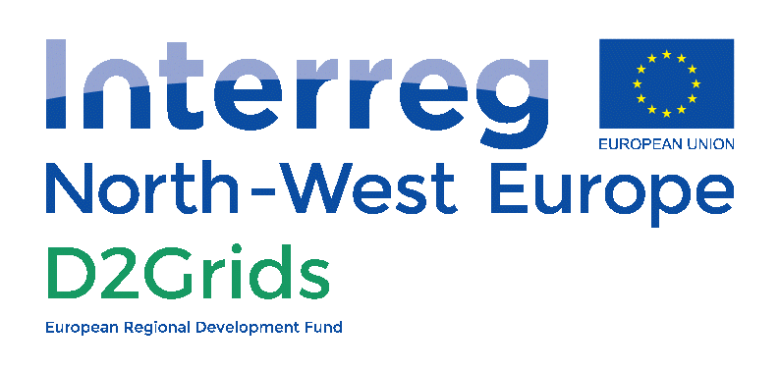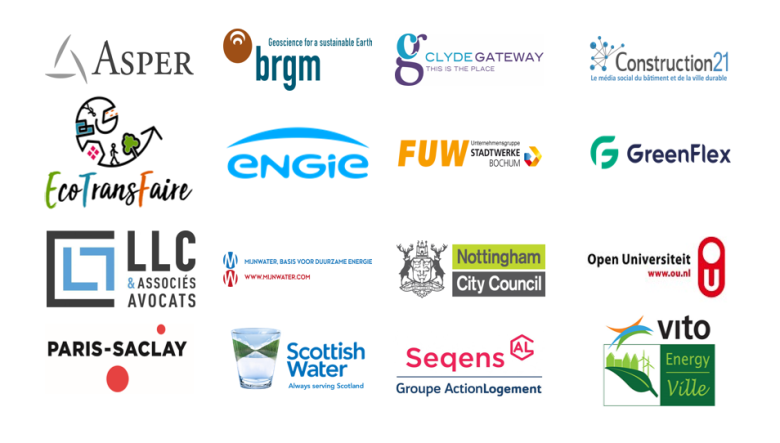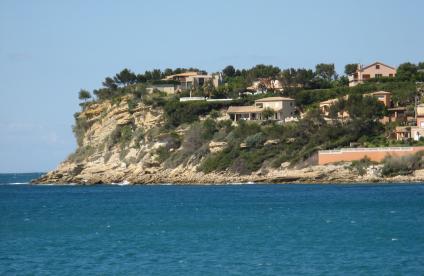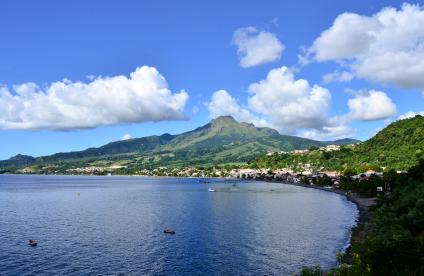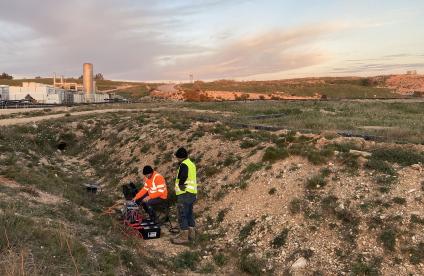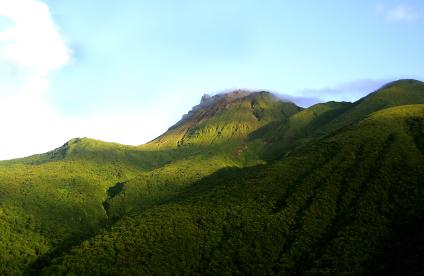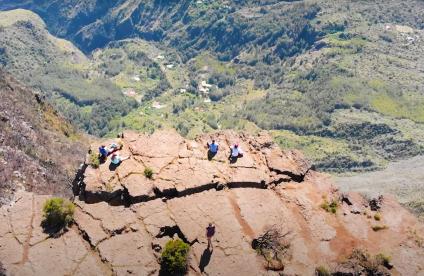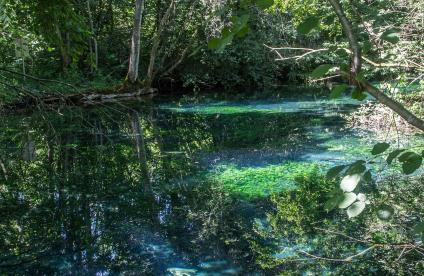Discover 5th Generation Heating and Cooling - 5GDHC
Background information
The 5th generation district heating and cooling network (5G DHC) was first developed in Heerlen (Netherlands) by Mijnwater Ltd. Unlike traditional district heating, it is a smart thermal network based on a low-temperature local loop. Decentralised energy production by heat pumps located at the user's premises enables energy exchange on the grid, with demand-driven flows. This concept allows large-scale recovery of heat emitted by data centres, supermarkets, industry, etc.
D2GRIDS is the acronym for "demand-driven grids". This Interreg NorthWest Europe (NWE) project is spread over 3 years (from 2018 to 2022). Mijnwater Ltd., based in the Netherlands, is coordinating the project with 11 other main and 7 secondary partners. Five pilot sites located in Paris-Saclay (France), Bochum (Germany), Brunssum (Netherlands), Glasgow and Nottingham (United Kingdom) will develop 5G DHC networks.
Aims of the project
The D2GRIDS project aims to develop 5th generation district heating and cooling networks (5G DHC) in Europe. This will make it possible to anticipate the need for or sources of waste heat, cold or renewable electricity in the vicinity.
This project will also enable the preparation of similar developments in Parkstad Limburg, North-East France, Flanders, the Ruhr region, Scotland and the East Midlands (United Kingdom). Specific educational and training programmes will be set up by Open Universiteit, a partner in the project, which is providing expertise in post-graduate and digital learning.
By deploying this technology through international cooperation, the consortium will encourage players in the sector to develop the right tools while reducing costs by 10 to 20%.
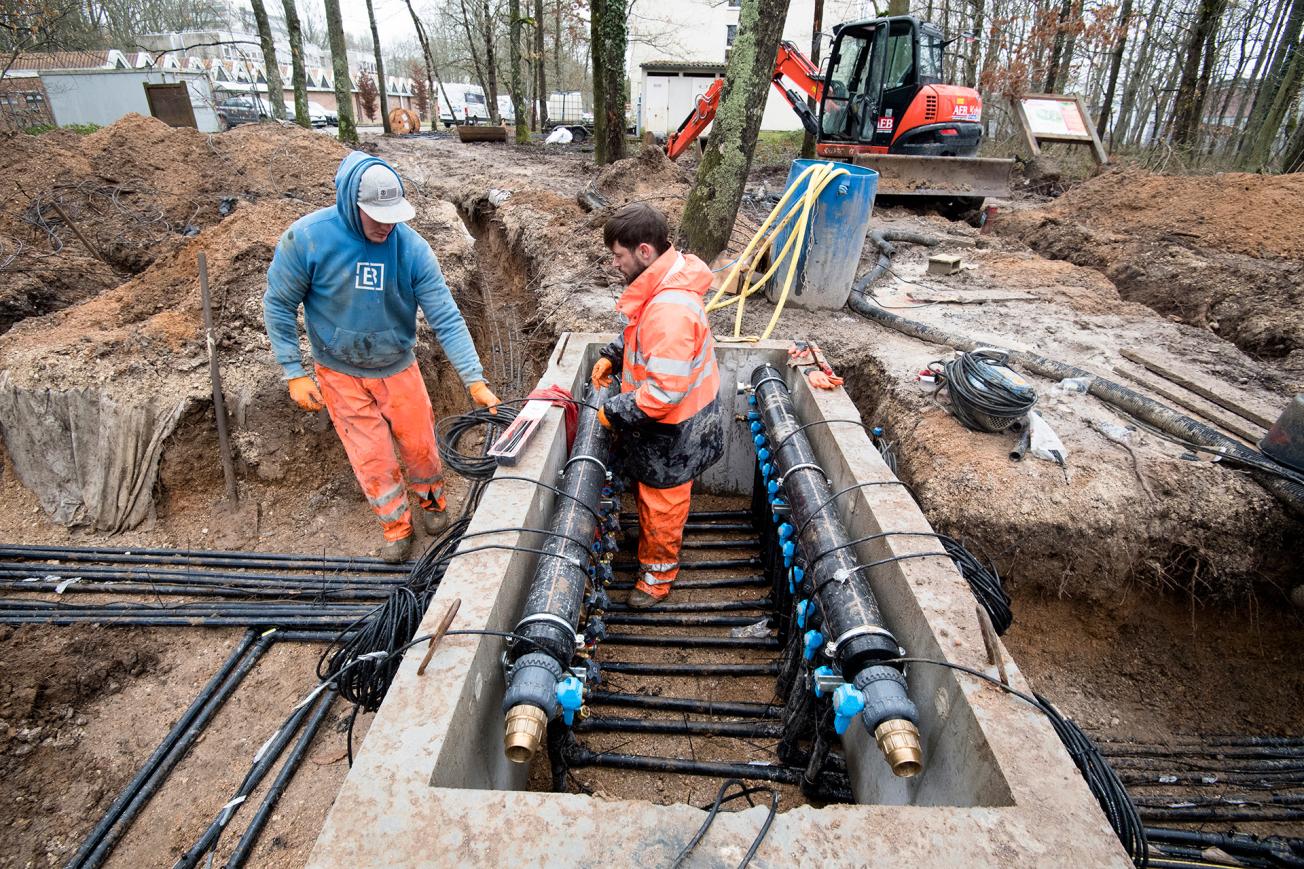
Completion of a field of 13 geothermal boreholes 100 m deep on the BRGM geothermal platform (Orléans, 2018).
© BRGM-Ademe - Didier Depoorter
BRGM's role
BRGM will work with VITO and MW to define a generic technological model defining the characteristics of the 5GDHC system, in particular by providing its technical expertise on the "underground" component of the system.
Specifically, BRGM will provide technical support to the French pilot site (geothermal doublets in Paris-Saclay) and will assess its heat storage capacity. It will participate in the expert group alongside VITO, GF and pilot hosts to ensure that the models at pilot sites are consistent with the generic 5GDHC model.
BRGM is also playing a key role in future deployment of this type of project in North-East France by contributing to feasibility studies to support and deploy the 5GDHC system as well as evaluation studies to make recommendations for national and European policies.
Expected results
Several outcomes are expected, including:
- conclusions of strategic and feasibility studies to support and deploy the approach;
- training programmes for professionals and potential supervising contractors;
- the building of a transnational community of experts via an exchange platform. This will provide an opportunity to learn lessons from the projects and to compile a catalogue of the best technologies available;
- an analysis of the potential of the “Smart Contracting” approach, based in particular on the blockchain, which will help build trust between actors. It will also facilitate the implementation of local energy-exchange marketplaces for these energy loops.
A look back to the D2GRIDS conference: "Heating and cooling networks: on the way to the 5th generation!"
Project partners
Partners
- Mijnwater B.V
- Asper Investment Management
- Clyde Gateway Developments
- Open Universiteit
- Ecotransfaire
- BRGM
- EPA Saclay
- Greenflex
- Construction21
- VITO
- FUW
- Notthingham City Council
- Sequens
- LLC & Associates Lawyers
- Scottish Water Horizons Limited
- ENGIE Services Netherlands
Subpartners
- Parkstad Limburg
- Stroomversnelling
- Energiepark Réiden
- Stadtwerke Bochum
- Fraunhofer IEG
- Nordic Heat LTD

